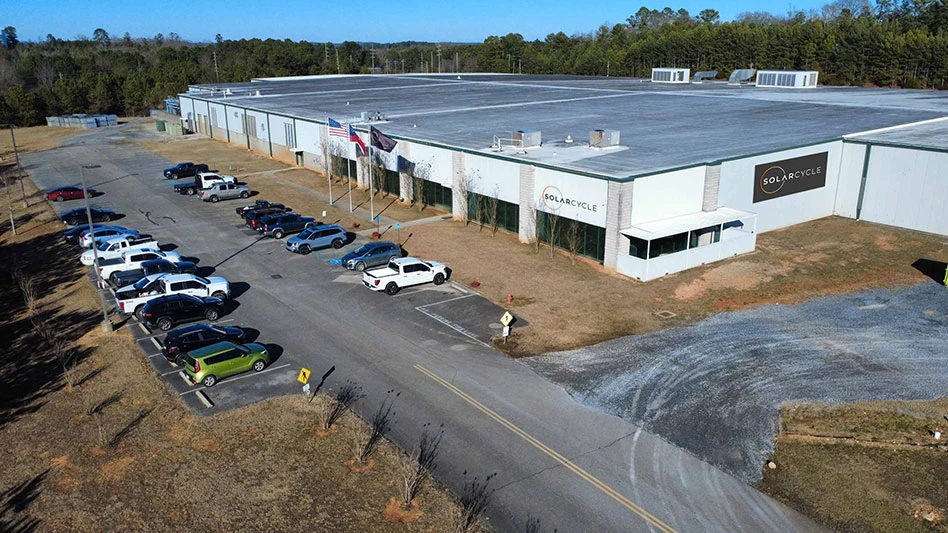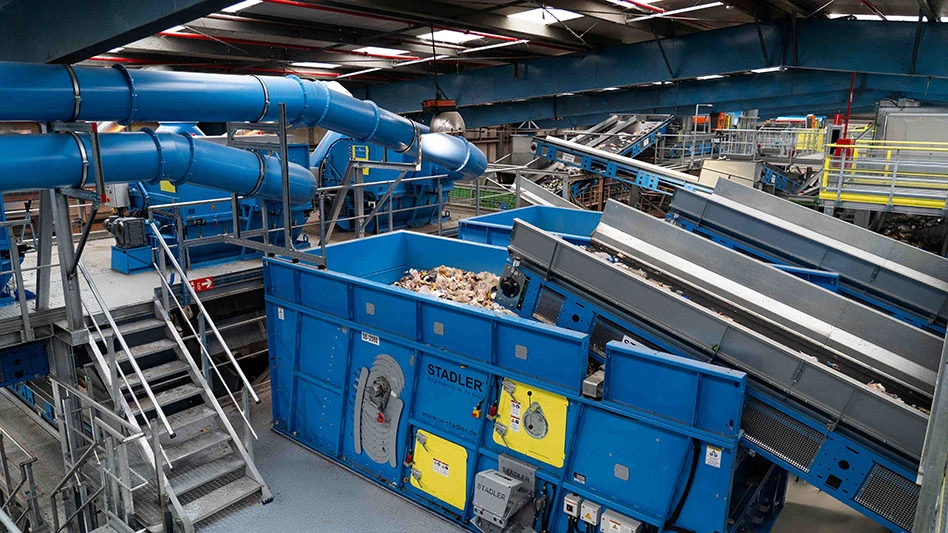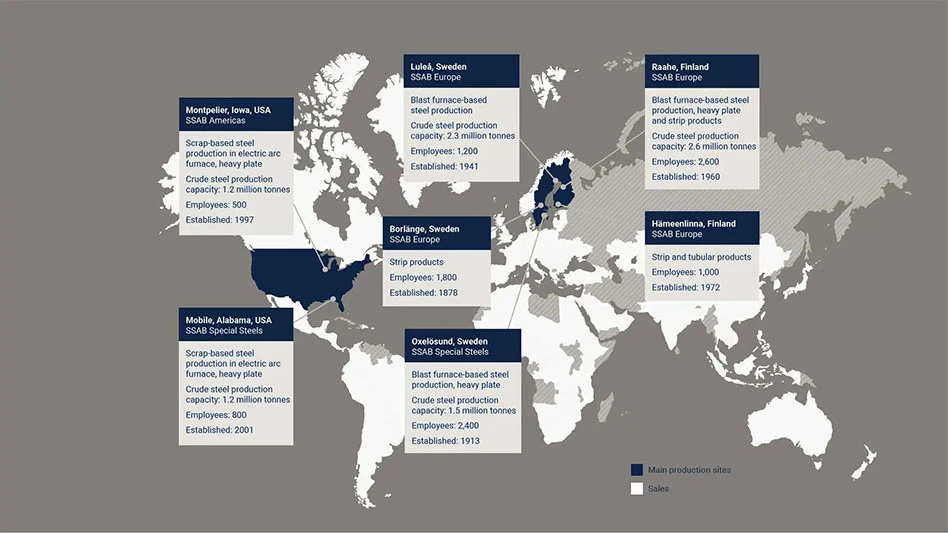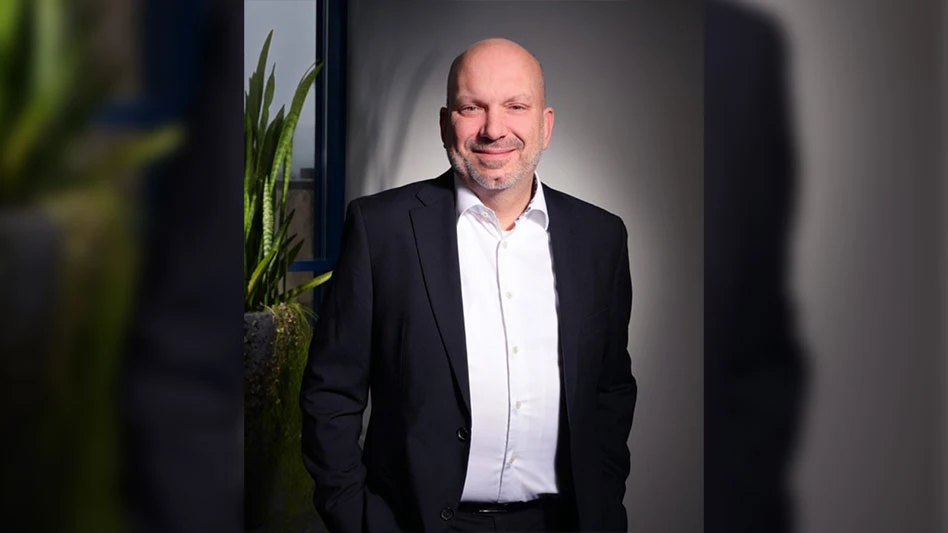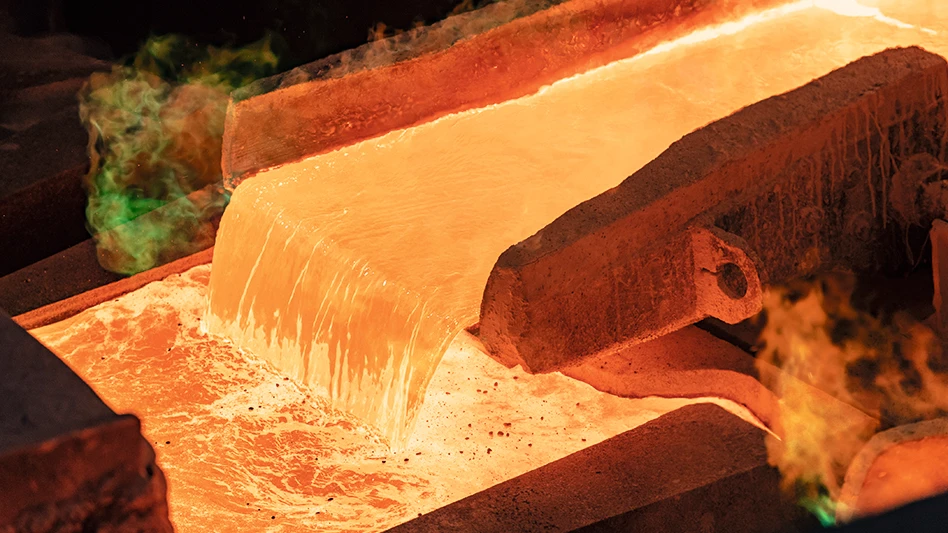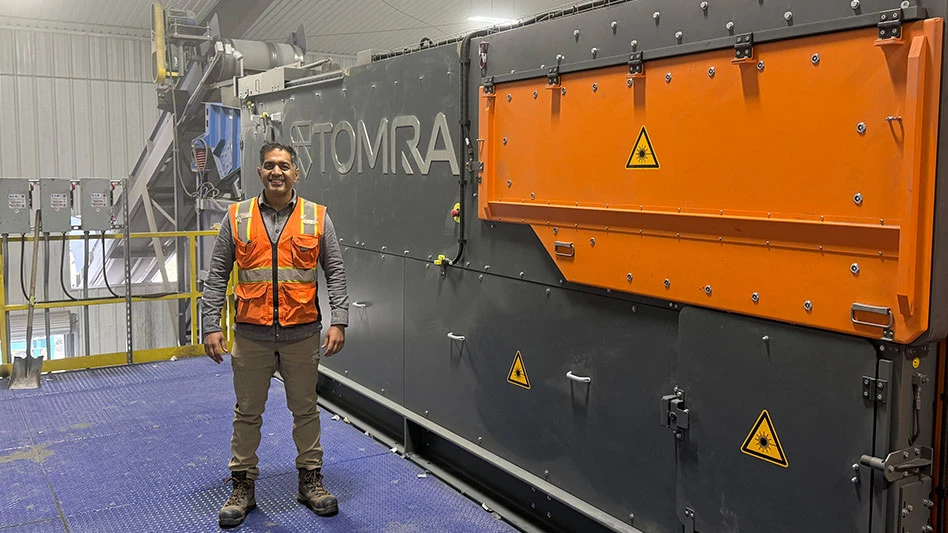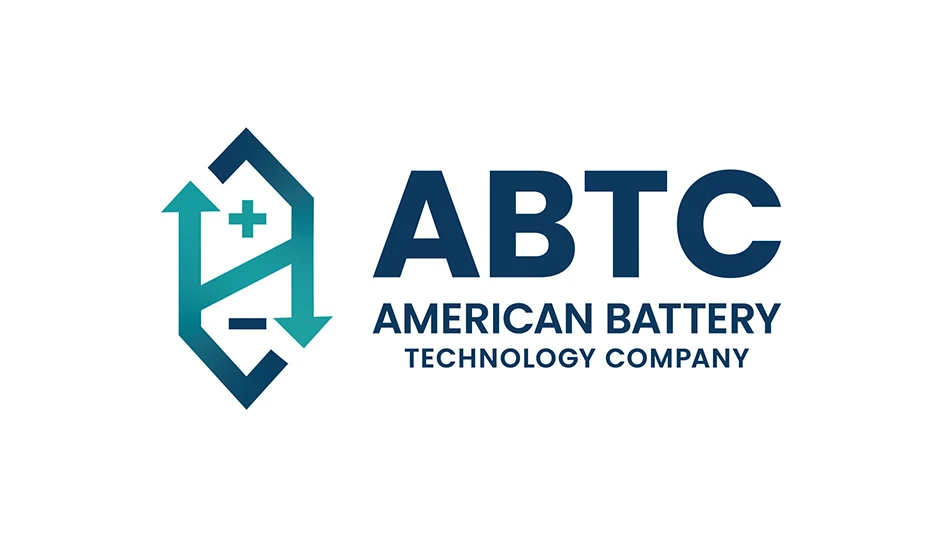
Image courtesy of American Battery Technology Co.
Battery material refiner and recycler American Battery Technology Co. (ABTC), Reno, Nevada, says it has been selected for a competitively awarded $1 million agreement by the U.S. Department of Energy’s (DOE’s) Argonne National Laboratory ReCell Center to support the commercialization of one of ABTC’s internally developed technologies used for manufacturing lithium hydroxide.
As the company continues to scale its commercial facilities, it says it is developing long-term predictive models that can quantify the performance of its electrochemical lithium hydroxide conversion systems over multiple years of operations. Through the DOE funding, ABTC has partnered with Argonne to use its particle accelerator at the Advanced Photon Source (APS) in Lemont, Illinois, to perform advanced imaging and characterization techniques to quantify the performance metrics of the conversion device as a function of time.
RELATED: ABTC awarded at industry event | The tone setters
ABTC says the particle accelerator trials at APS will generate “vast amounts of data,” adding that the Argonne team recently constructed the Aurora Exascale Supercomputer, which it claims is one of the fastest supercomputers in the world and specifically is purposed to work in combination with APS.
ABTC says it is commercializing its advanced lithium hydroxide manufacturing technologies for integration into the lithium processing trains for both its critical mineral recycling facilities and its claystone-to-lithium-hydroxide refinery near Tonopah, Nevada.
The company says its work with Argonne is part of a broader strategy to advance domestically manufactured critical minerals to reduce reliance on foreign supply chains and support U.S. energy security. ABTC says it also is engaged in projects with other DOE national laboratories, including the Idaho National Laboratory and the National Renewable Energy Laboratory.
“We are committed to developing the next generation of critical mineral manufacturing technologies and to bringing these technologies to commercialization in our domestic U.S. facilities,” ABTC CEO Ryan Melsert says. “We are proud to be addressing the challenges of bringing such advanced processing technologies to market with a partner such as the Argonne National Laboratory.”
According to the battery recycler, the final lithium product developed in current commercial manufacturing facilities generally is made by consuming large amounts of chemical agents and then producing large amounts of chemical waste materials. The company claims these types of processes are operationally expensive because they require the purchase of chemical agents and the disposal of chemical waste.
ABTC says it has been working for several years to develop and commercialize a new generation of technologies that produce a lithium hydroxide product of equal or greater quantity than with “conventional processes,” through an electrochemical route that does not require the large-scale consumption and generation of chemical agents.
Latest from Recycling Today
- Flexible Film Recycling Alliance report outlines progress
- RERF opens Avagliano award nominations
- Eriez expands European sales network
- Gränges increases sales volume in 2025
- Aduro selects Netherlands as site for industrial scale-up facility
- Nasco-Op declares dividend
- Cyclic Materials announces plans for South Carolina campus
- WM reports revenue, earnings growth in Q4 and full-year 2025
